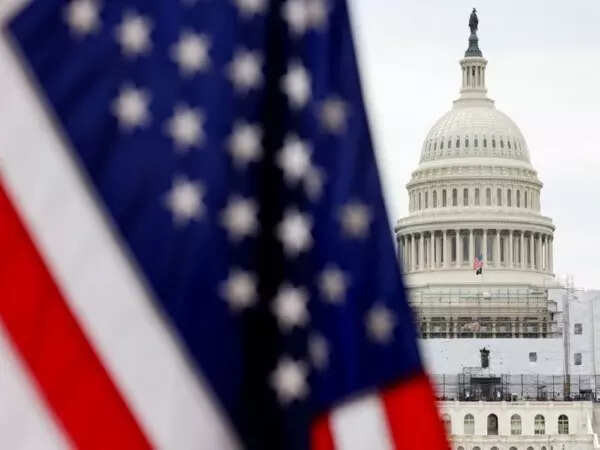US consumer confidence dipped slightly in August, fueled by persistent worries about the labor market. The Conference Board’s index fell to 97.4, reflecting weakened short-term expectations for income, business conditions, and employment.
Is the American Dream Showing Cracks? Consumer Confidence Takes Another Hit
The vibe feels…off, doesn’t it? You can sense it at the grocery store, in conversations with friends, even scrolling through social media. That underlying hum of anxiety about the economy is growing louder, and the latest data on consumer confidence is only amplifying it. August marks another month where Americans are feeling less secure about their financial futures, adding to a worrying trend that’s been building throughout the year.
The Conference Board’s Consumer Confidence Index, a key barometer of how Americans view the economy, dipped again in August, signaling a potential shift in spending habits and overall economic activity. It’s not a catastrophic plunge, but the persistent decline is what’s raising eyebrows. We’re not talking about a quick dip and rebound; this is a slow, steady erosion of optimism.
What’s driving this unease? One major factor appears to be the increasingly shaky perception of the job market. For the eighth consecutive month, consumers are expressing growing concerns about job availability. This isn’t just about recent layoffs in specific sectors; it’s a broader sense that the labor market, once seemingly invincible, is starting to show vulnerabilities. Are those whispers of a looming recession finally starting to manifest in people’s perceptions? It certainly seems that way.

Of course, the job market isn’t the only player in this drama. Inflation, though cooling somewhat from its peak, is still lingering, stubbornly refusing to fall back to pre-pandemic levels. Groceries are still expensive, energy prices are volatile, and the cost of housing remains a major burden for many families. This persistent inflationary pressure is eating away at household budgets, leaving less room for discretionary spending and fueling anxieties about the future.
Adding fuel to the fire is the ever-present uncertainty surrounding interest rates. The Federal Reserve’s efforts to combat inflation by raising interest rates have had a ripple effect throughout the economy. Mortgages are more expensive, borrowing costs for businesses are up, and the overall cost of credit has increased significantly. While the Fed hopes to engineer a “soft landing” – cooling inflation without triggering a recession – the path ahead remains fraught with challenges.
So, what does this all mean for the average American? For starters, it might mean tightening the belt a little further. With consumer confidence waning, people are likely to become more cautious with their spending, prioritizing essential needs over discretionary purchases. This shift in spending habits could have a significant impact on businesses, particularly those that rely on consumer spending for growth. Restaurants, retailers, and travel companies could all feel the pinch if consumers start cutting back on non-essential expenses.
Furthermore, the decline in consumer confidence could also lead to a slowdown in overall economic activity. If businesses anticipate a decrease in demand, they may scale back their investment plans, postpone hiring, or even consider layoffs. This, in turn, could further weaken the labor market and exacerbate consumer anxieties, creating a negative feedback loop. This could even affect sectors like the renewable energy job market; read more about that topic on our site.
The current economic climate presents a complex and delicate balancing act. Policymakers are tasked with navigating a narrow path between controlling inflation, supporting economic growth, and maintaining consumer confidence. It’s a challenge that requires careful consideration and a willingness to adapt to changing circumstances.
The road ahead is undeniably uncertain, but understanding the factors that are shaping consumer sentiment is crucial for businesses, policymakers, and individuals alike. By staying informed and making informed decisions, we can all navigate these turbulent times with greater resilience. Will this dip in consumer confidence be a temporary blip, or a sign of something more profound? Time will tell, but one thing is clear: the American economy is at a critical juncture.
Slug: consumer-confidence-august







